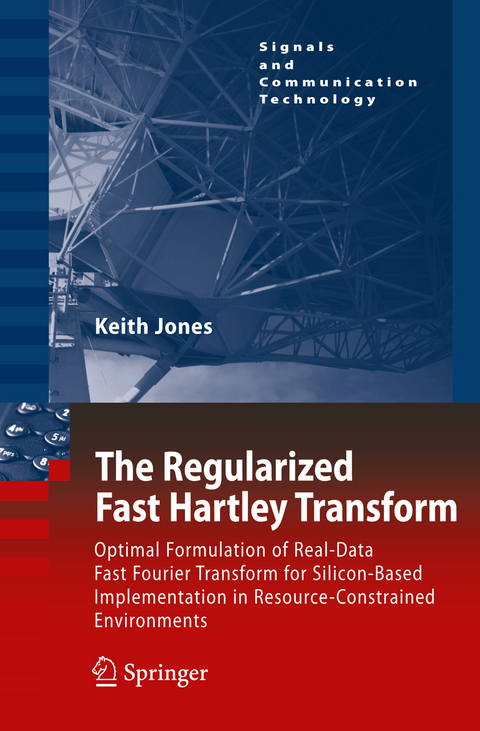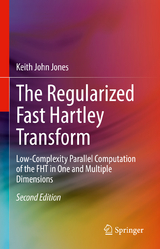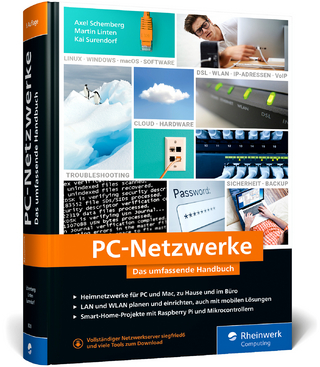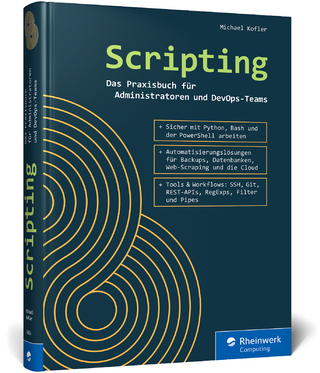
The Regularized Fast Hartley Transform
Optimal Formulation of Real-Data Fast Fourier Transform for Silicon-Based Implementation in Resource-Constrained Environments
Seiten
2012
Springer (Verlag)
978-94-007-3178-3 (ISBN)
Springer (Verlag)
978-94-007-3178-3 (ISBN)
Zu diesem Artikel existiert eine Nachauflage
Direct solution to real-data DFT methods are presented in this volume, which are targeted at real-world applications, like mobile communications. The methods discussed offer simple design variations that optimize resources for the best results.
Most real-world spectrum analysis problems involve the computation of the real-data discrete Fourier transform (DFT), a unitary transform that maps elements N of the linear space of real-valued N-tuples, R , to elements of its complex-valued N counterpart, C , and when carried out in hardware it is conventionally achieved via a real-from-complex strategy using a complex-data version of the fast Fourier transform (FFT), the generic name given to the class of fast algorithms used for the ef?cient computation of the DFT. Such algorithms are typically derived by explo- ing the property of symmetry, whether it exists just in the transform kernel or, in certain circumstances, in the input data and/or output data as well. In order to make effective use of a complex-data FFT, however, via the chosen real-from-complex N strategy, the input data to the DFT must ?rst be converted from elements of R to N elements of C . The reason for choosing the computational domain of real-data problems such N N as this to be C , rather than R , is due in part to the fact that computing equ- ment manufacturers have invested so heavily in producing digital signal processing (DSP) devices built around the design of the complex-data fast multiplier and accumulator (MAC), an arithmetic unit ideally suited to the implementation of the complex-data radix-2 butter?y, the computational unit used by the familiar class of recursive radix-2 FFT algorithms.
Most real-world spectrum analysis problems involve the computation of the real-data discrete Fourier transform (DFT), a unitary transform that maps elements N of the linear space of real-valued N-tuples, R , to elements of its complex-valued N counterpart, C , and when carried out in hardware it is conventionally achieved via a real-from-complex strategy using a complex-data version of the fast Fourier transform (FFT), the generic name given to the class of fast algorithms used for the ef?cient computation of the DFT. Such algorithms are typically derived by explo- ing the property of symmetry, whether it exists just in the transform kernel or, in certain circumstances, in the input data and/or output data as well. In order to make effective use of a complex-data FFT, however, via the chosen real-from-complex N strategy, the input data to the DFT must ?rst be converted from elements of R to N elements of C . The reason for choosing the computational domain of real-data problems such N N as this to be C , rather than R , is due in part to the fact that computing equ- ment manufacturers have invested so heavily in producing digital signal processing (DSP) devices built around the design of the complex-data fast multiplier and accumulator (MAC), an arithmetic unit ideally suited to the implementation of the complex-data radix-2 butter?y, the computational unit used by the familiar class of recursive radix-2 FFT algorithms.
Background to Research.- Fast Solutions to Real-Data Discrete Fourier Transform.- The Discrete Hartley Transform.- Derivation of the Regularized Fast Hartley Transform.- Algorithm Design for Hardware-Based Computing Technologies.- Derivation of Area-Efficient and Scalable Parallel Architecture.- Design of Arithmetic Unit for Resource-Constrained Solution.- Computation of 2n-Point Real-Data Discrete Fourier Transform.- Applications of Regularized Fast Hartley Transform.- Summary and Conclusions.
| Erscheint lt. Verlag | 5.5.2012 |
|---|---|
| Reihe/Serie | Signals and Communication Technology |
| Zusatzinfo | XVII, 200 p. |
| Verlagsort | Dordrecht |
| Sprache | englisch |
| Maße | 155 x 235 mm |
| Themenwelt | Mathematik / Informatik ► Informatik ► Netzwerke |
| Mathematik / Informatik ► Mathematik ► Algebra | |
| Mathematik / Informatik ► Mathematik ► Analysis | |
| Mathematik / Informatik ► Mathematik ► Angewandte Mathematik | |
| Mathematik / Informatik ► Mathematik ► Wahrscheinlichkeit / Kombinatorik | |
| Technik ► Elektrotechnik / Energietechnik | |
| Technik ► Nachrichtentechnik | |
| Schlagworte | Complexity • FFT • FHT • FPGA • Parallel |
| ISBN-10 | 94-007-3178-7 / 9400731787 |
| ISBN-13 | 978-94-007-3178-3 / 9789400731783 |
| Zustand | Neuware |
| Haben Sie eine Frage zum Produkt? |
Mehr entdecken
aus dem Bereich
aus dem Bereich
das umfassende Handbuch für den Einstieg in die Netzwerktechnik
Buch | Hardcover (2023)
Rheinwerk (Verlag)
29,90 €
das Praxisbuch für Admins und DevOps-Teams
Buch | Hardcover (2023)
Rheinwerk (Verlag)
39,90 €



